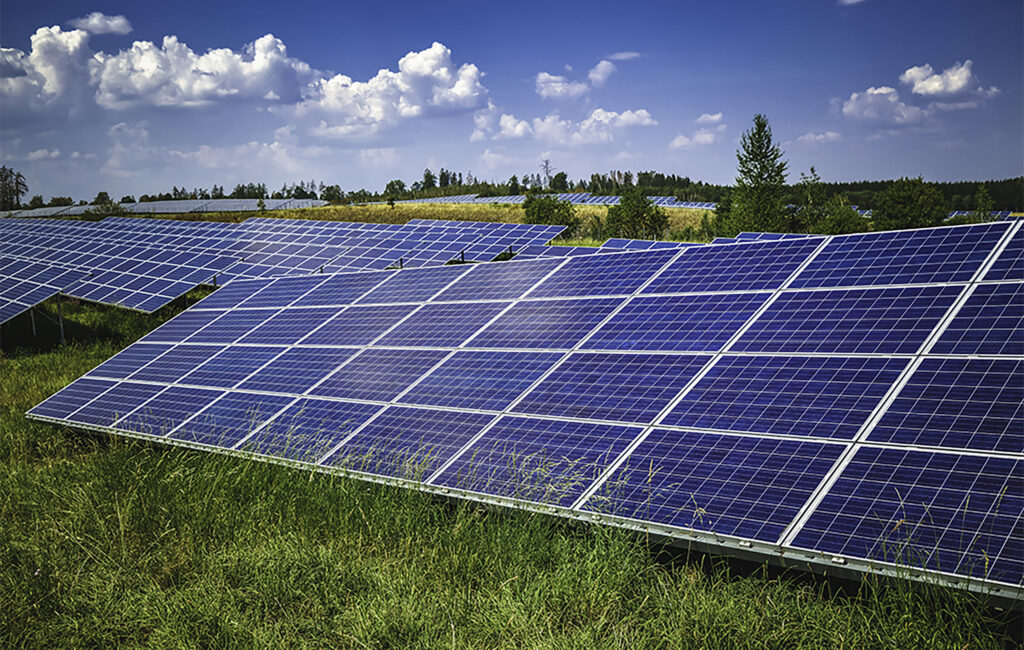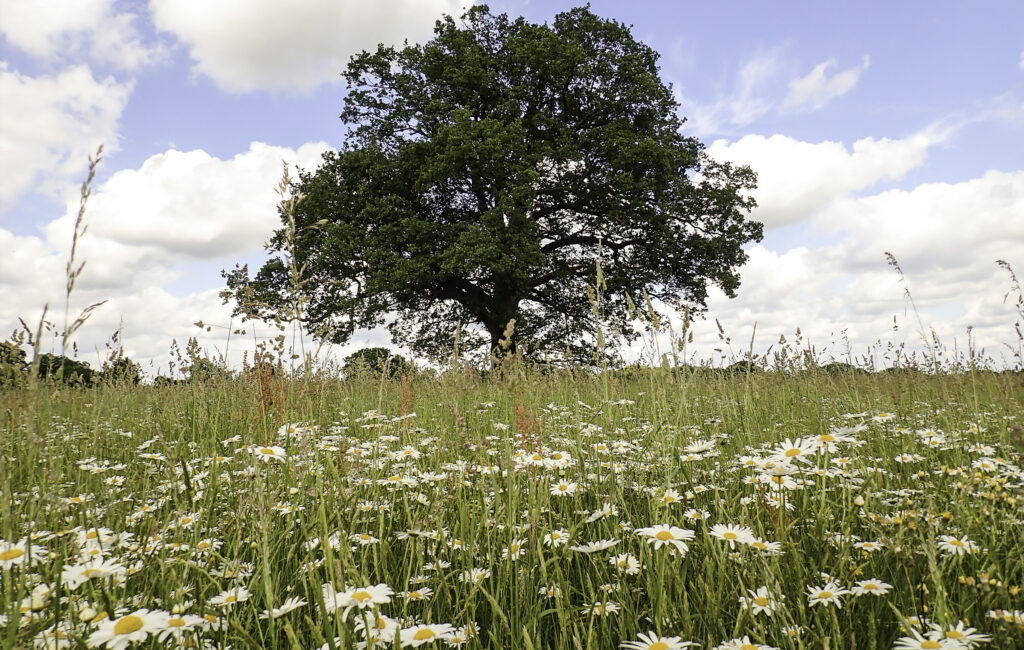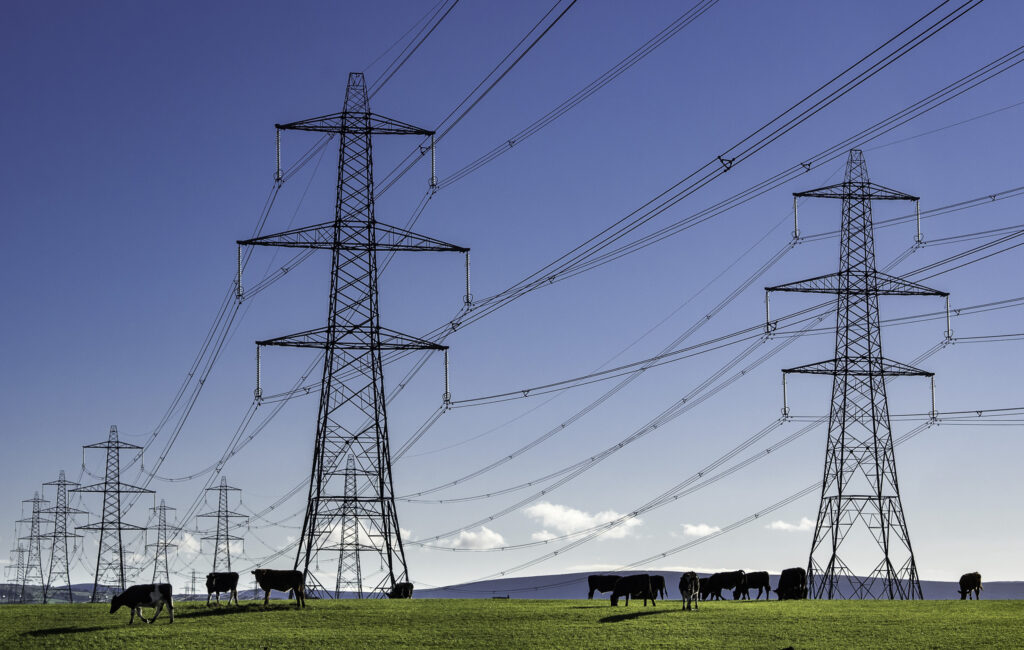Why Solar?
Solar PV is the fastest growing energy generation type across the globe due to falling costs, ease of construction and wider environmental benefits. Technology improvements have increased panel Wattage by over 3 times per panel in the past 15 years and new advances in tracking mounting systems and bifacial panels are increasing the renewable energy generated per acre.

For Landowners and Managers
A Solar project allows a farming business to diversify its income stream and reduce the impacts of external forces such as unpredictable weather, increasing input costs and erratic sales prices.
BLCe and ORIT projects will have biodiversity enhancement goals at the core of each project which will help the wider farm through increased invertebrates and pollinators. Farmers will be encouraged to run sheep through the solar farms and manage wildflower meadows.

For the Environment
When land is set aside for a solar project, the soil is given the opportunity to recover and improve its quality. With no pesticides or fertilizers being applied to the land and no ploughing or harvesting, the biodiversity within the soil is able to increase and become a building block for wider environmental gains. Each project BLCe work on, environmental enhancement measures will be introduced to ensure the area sees a Biodiversity Net Gain. This can include new hedgerows, wild flower meadows, and tree planting. Although each solar farm has to be fenced off, small gaps can be left to allow mammals to move in and out of the site.
Once built, solar farms are very quiet and peaceful places allowing wildlife to thrive and are ideal spaces for ground nesting birds. By planting grasses and wild flowers, the insect life increases providing food for small mammals, birds and bats. Where suitable bird and bat boxes will be put up to encourage these species to live to the site.
Across the UK, we have lost 60% of flying insects in 20 years, a truly terrifying statistic. Solar farms provide an opportunity to reverse this trend. BLCe will encourage bee keeping on its solar projects and welcomes local bee keepers to site hives around the projects.
BLCe follow the Solar Energy UK National Capital Best Practice Guidance of increasing biodiversity at all stages of a solar farm’s lifecycle.

Energy Security
Solar power is one of the UK’s cheapest forms of generating electricity and therefore by deploying more solar we help reduce the dependency on fossil fuels and the volatile impact they have on our electricity prices. In 2022 the renewable energy auction saw solar bidding prices four times cheaper than gas prices.
Solar is being built out across the globe as a leading and low cost technology to combat climate change. In order to achieve Net Zero Emissions by 2050, we will have to see an annual average growth of 25%. In the UK, the Government has set a target of increasing Solar generation to 70GW by 2035, up from the 2022 level of 14GW. Each project built helps achieve this target.